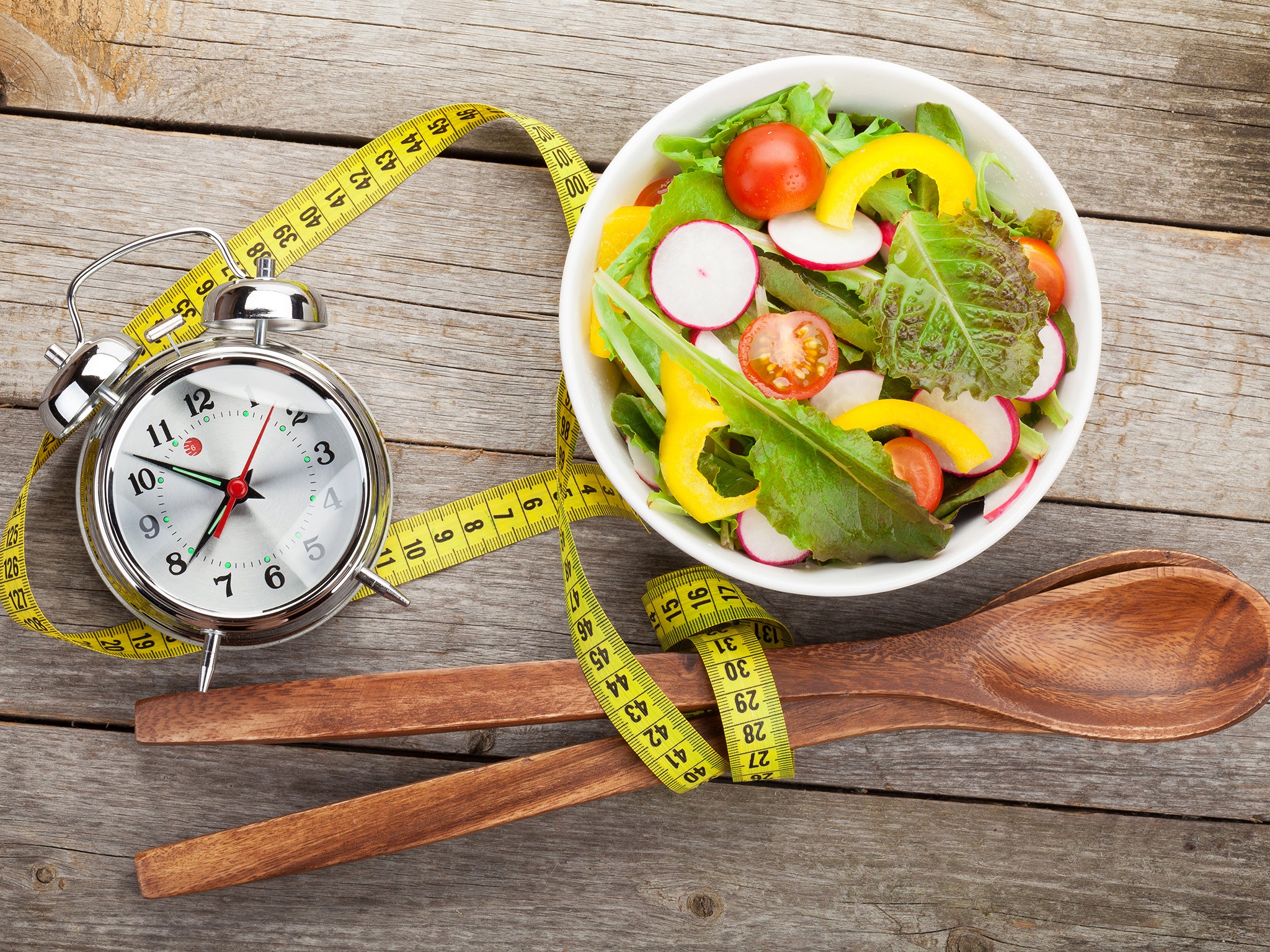When you eat is more important than what you eat, study says
Less ‘you are what you eat’, and more ‘you are when you eat’

Your support helps us to tell the story
From reproductive rights to climate change to Big Tech, The Independent is on the ground when the story is developing. Whether it's investigating the financials of Elon Musk's pro-Trump PAC or producing our latest documentary, 'The A Word', which shines a light on the American women fighting for reproductive rights, we know how important it is to parse out the facts from the messaging.
At such a critical moment in US history, we need reporters on the ground. Your donation allows us to keep sending journalists to speak to both sides of the story.
The Independent is trusted by Americans across the entire political spectrum. And unlike many other quality news outlets, we choose not to lock Americans out of our reporting and analysis with paywalls. We believe quality journalism should be available to everyone, paid for by those who can afford it.
Your support makes all the difference.People who skip meals, eat on the go or late in the evening are less healthy than people who have regular sit-down meals with others, a study has found.
The authors of the analysis into the nutritional effects of eating habits have now suggested that meal times and recommendations on social eating should feature in national dietary guidelines.
The scientists, from Kings College London and the University of São Paulo, said in a review paper published in the British Journal of Nutrition that further large-scale studies are required to establish the effects of irregular meal times and on the likelihood of developing type 2 diabetes, high blood pressure and obesity, the Times reports.
Dr Gerda Pot, lecturer in nutritional sciences at King’s College London and co-author of the review, said: “There seems to be some truth in the saying ‘eat breakfast like a king, lunch like a prince and dinner like a pauper’. However, this warrants further investigation.”
“Whilst we have a much better understanding today of what we should be eating, we are left with the question as to which meal should provide us with the most energy.
“Although the evidence suggests eating more calories later in the evening is associated with obesity, we are still far from understanding whether our energy intake should be distributed equally across the day or whether breakfast should contribute the greatest proportion of energy.”
Back in May, the same team reported they had found no conclusive link between eating after 8pm, and obesity in children.
At the time, Dr Pot said: “We expected to find an association between eating later and being more likely to be overweight, but actually we found this was not the case. This may be due to the limited number of children consuming their evening meal after 8pm in this cohort.”
The team has called for more research into meal timing and weight gain in children in Britain.
“The significance of its role is under-researched,” Dr Pot said.
Join our commenting forum
Join thought-provoking conversations, follow other Independent readers and see their replies
Comments